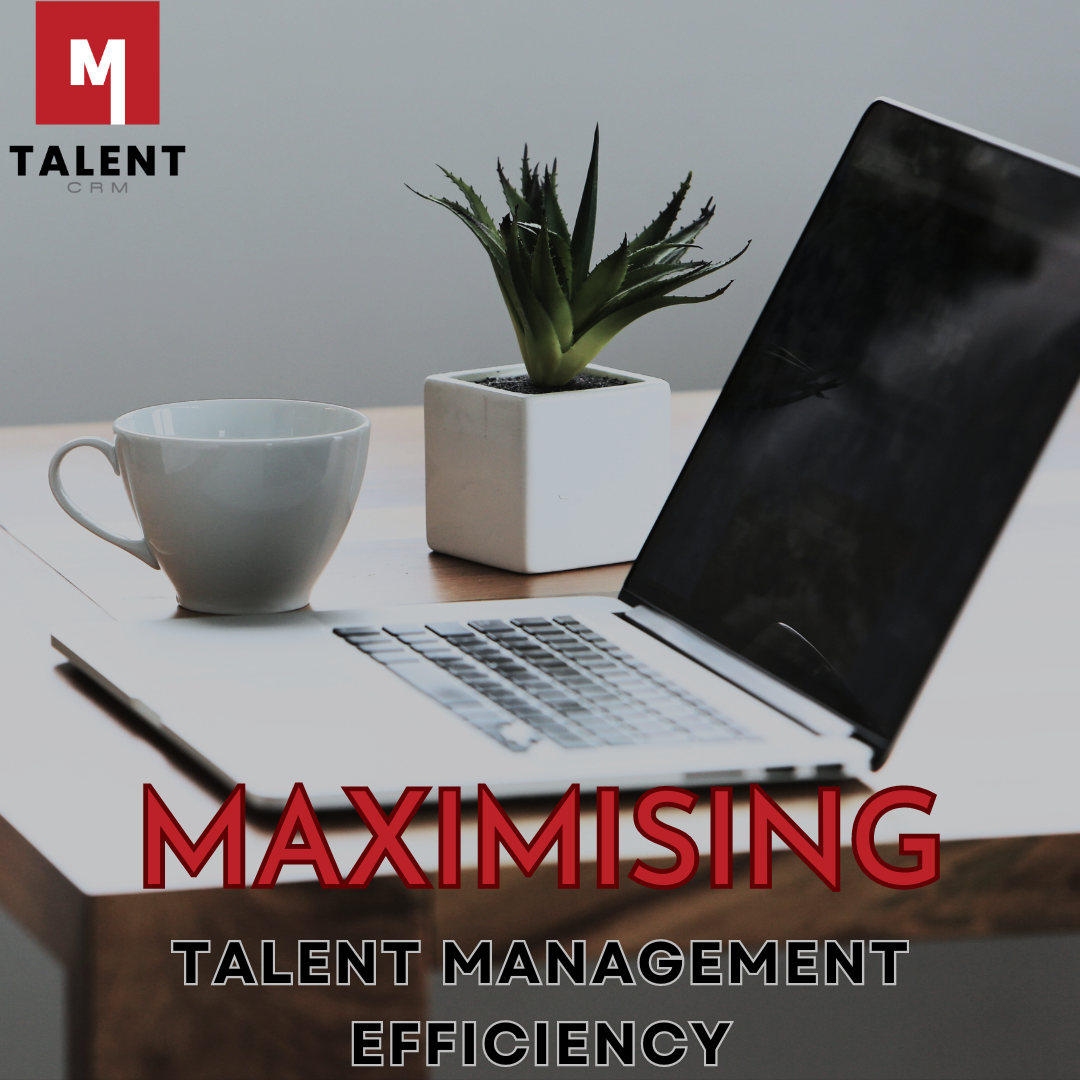Adapting to Remote Recruitment in Education: Strategies and Best Practices
The rise of remote work has fundamentally changed how educational institutions recruit and hire talent. With the shift to online learning and administrative operations, remote recruitment has become a necessity rather than an option. This new landscape presents unique challenges and opportunities for schools, colleges, and universities. In this post, we’ll explore effective strategies and best practices for adapting to remote recruitment in the education sector.
Key Strategies for Effective Remote Recruitment
Embrace Technology and Tools
Virtual Interviewing Platforms: Utilize reliable video conferencing tools for conducting remote interviews. Platforms like Zoom, Microsoft Teams, and Google Meet offer features tailored for interviewing, such as recording capabilities and breakout rooms.
Cloud-Based Recruitment Software: Implement cloud-based recruitment systems that allow for remote access and management of the hiring process from anywhere.
Optimize Your Online Presence
Mobile-Friendly Career Pages: Ensure that your institution’s career page is optimized for mobile devices, providing a seamless experience for candidates applying from their smartphones or tablets.
Engaging Job Advertisements: Create compelling and detailed job postings that clearly outline the role, expectations, and remote work policies to attract qualified candidates.
Enhance Candidate Experience
Clear Communication: Maintain open and frequent communication with candidates throughout the recruitment process. Use automated updates to keep them informed about their application status.
Personalized Interactions: Leverage CRM tools to personalize interactions and tailor communications to individual candidates, making them feel valued and engaged.
Adopt Flexible Interviewing Techniques
Structured Video Interviews: Develop structured interview formats that can be effectively conducted over video calls, ensuring consistency and fairness in evaluating candidates.
Asynchronous Interviews: Consider using asynchronous video interviews, where candidates record their responses to pre-set questions, allowing flexibility in scheduling for both parties.
Build a Strong Remote Work Culture
Highlight Remote Work Benefits: Clearly communicate the benefits of remote work at your institution, such as flexible hours, work-life balance, and support for remote staff.
Supportive Onboarding Programs: Design comprehensive remote onboarding programs that include virtual orientations, online training modules, and mentorship opportunities.
Best Practices for Managing Remote Recruitment
Ensure Data Security and Compliance
Secure Virtual Platforms: Use secure and encrypted platforms for conducting remote interviews and handling candidate data to protect privacy and comply with data protection regulations.
Regular Compliance Checks: Conduct regular audits to ensure that your remote recruitment practices comply with relevant employment laws and data protection standards.
Promote Diversity and Inclusion
Inclusive Job Postings: Write inclusive job descriptions that avoid biased language and encourage applications from diverse backgrounds.
Bias-Free Evaluation: Use tools and techniques to minimize bias in remote interviews and evaluations, ensuring a fair and equitable hiring process.
Leverage Data and Analytics
Track Key Metrics: Monitor recruitment metrics such as application sources, time-to-hire, and candidate drop-off rates to identify areas for improvement.
Analyze Candidate Feedback: Gather feedback from candidates about their remote recruitment experience and use this data to enhance your processes.
Foster Collaboration and Communication
Centralized Communication Channels: Use centralized communication tools to keep all stakeholders informed and aligned throughout the recruitment process.
Regular Team Meetings: Schedule regular virtual meetings with your HR team to discuss recruitment progress, challenges, and strategies.
Adapt to Changing Candidate Expectations
- Flexible Work Arrangements: Be open to offering flexible work arrangements that cater to candidates’ preferences for remote or hybrid work environments.
- Transparent Recruitment Processes: Provide transparency about the recruitment process and remote work policies to build trust and attract top talent.
Challenges of Remote Recruitment and How to Overcome Them
Technical Difficulties
Reliable Technology: Ensure that all participants have access to reliable technology and a stable internet connection. Provide support and troubleshooting resources to address any technical issues.
Test Run: Conduct test runs of your virtual interview setup to identify and resolve potential problems before the actual interview.
Maintaining Engagement
Interactive Interviews: Use interactive elements in virtual interviews, such as screen sharing and collaborative tools, to keep candidates engaged and assess their skills effectively.
Follow-Up Communication: Send follow-up messages and feedback promptly after interviews to maintain candidate interest and engagement.
Assessing Cultural Fit
Behavioral Questions: Ask behavioral questions that reveal how candidates have adapted to remote work and their approach to teamwork and collaboration.
Virtual Team Introductions: Arrange virtual meetings with potential team members to give candidates a sense of the team culture and dynamics.
Remote recruitment is now an integral part of the hiring process in the education sector. By embracing technology, optimizing processes, and focusing on candidate experience, educational institutions can effectively adapt to this new paradigm. Implementing these strategies and best practices will not only help in navigating the current challenges but also position institutions to attract and retain top talent in a rapidly evolving landscape.
For more tips and insights on recruitment strategies and technology, stay connected with our blog.



